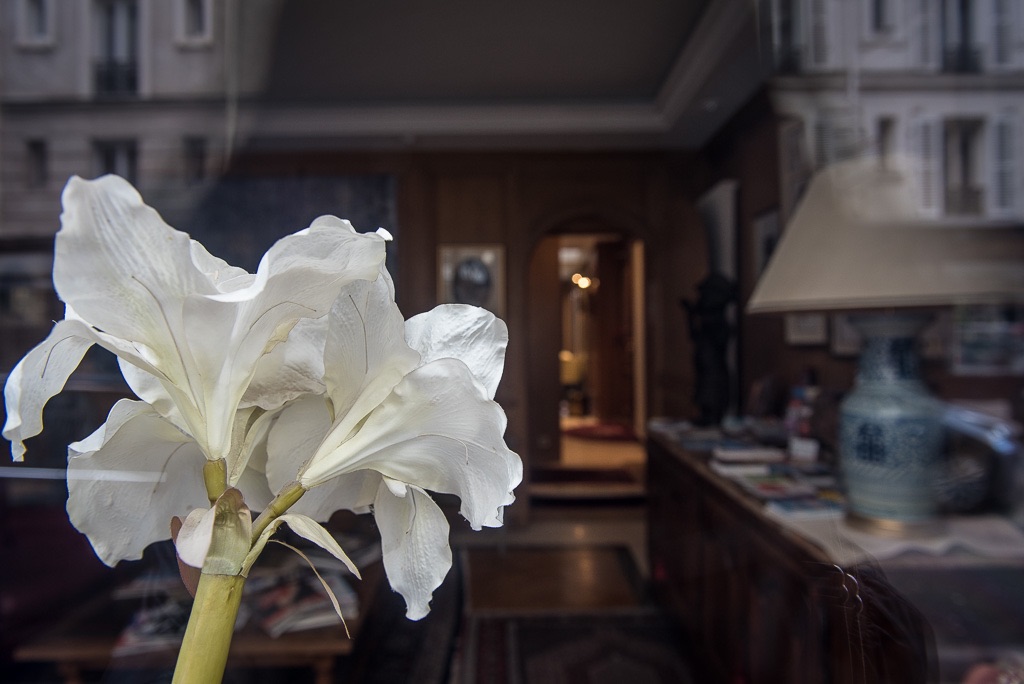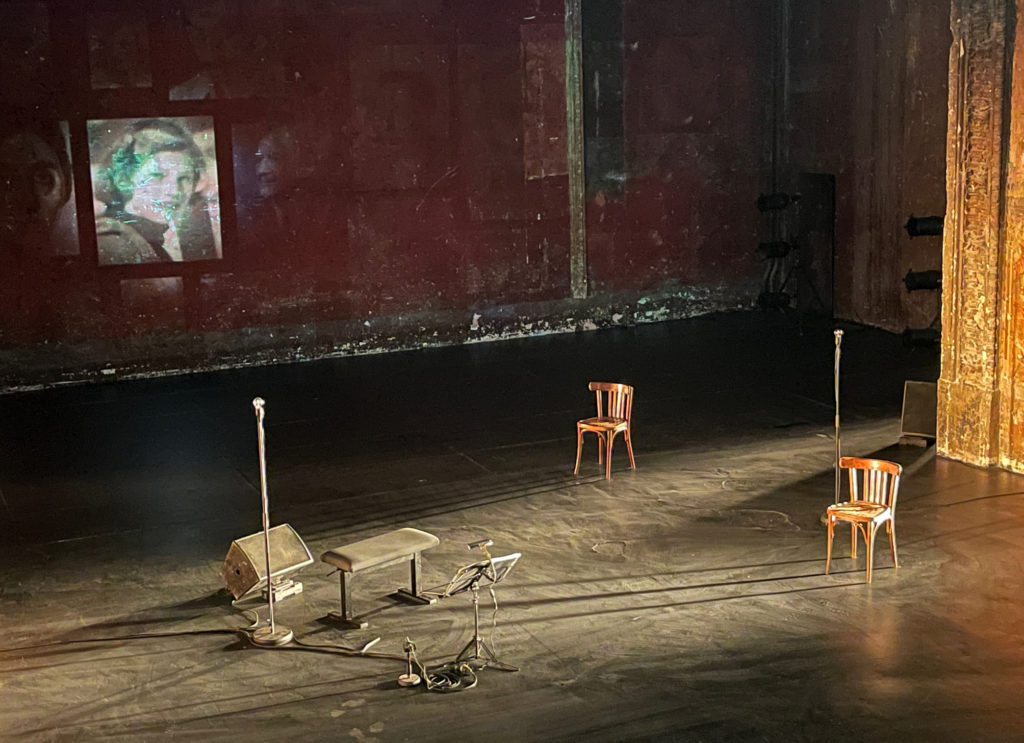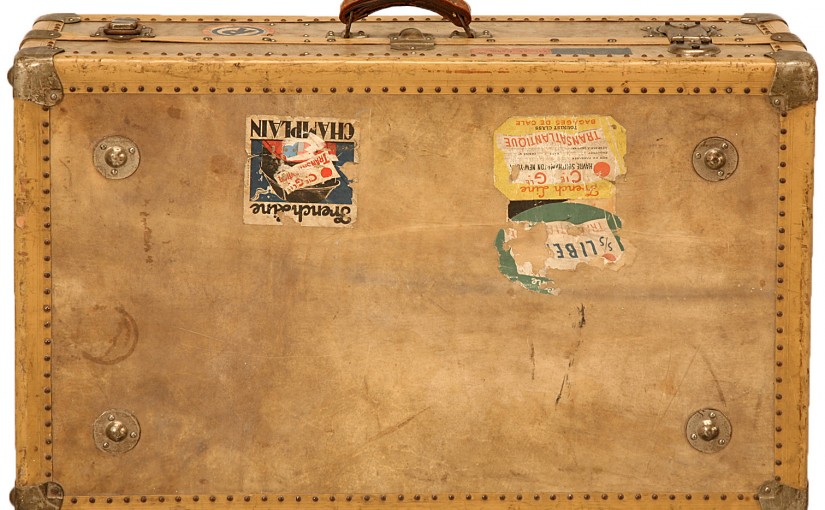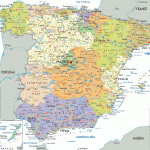I’ve been reading Rebecca Solnit’s Orwell’s Roses, a book about the importance of beauty in our lives. In 1936—before leaving England to join the battle against fascism in Spain—George Orwell planted roses in his garden. It seems at first to be an unremarkable occurrence; after all roses were and continue to be extremely popular plantings in ornamental gardens and the English have always been fond of gardens. But Orwell was a man who dedicated his life to the struggle for human rights and was willing to put his beliefs on the line as a soldier for the POUM, one of many factions who took up arms against Franco’s forces of repression. Solnit uses Orwell’s garden as a metaphor for the human need of beauty, especially in perilous times when the battle against totalitarianism is pitched.
Do I hear an echo of today’s headlines?
Putin, Xi, Bolsonaro, Orban, Duterte, Trump. The world is once again faced with the rise of dictators and wanna-bes.

In 1936, Spanish Fascists backed by Nazi Germany and Italy, staged a dress rehearsal for World War II with a violent overthrow of the elected Republican government of Spain. Republicans expected the west—France, Great Britain, United States—to come to their aid, reasoning that surely these democracies would recognize the need to oppose Hitler. It didn’t happen. Roosevelt’s isolationist policies, Chamberlain’s belief that Hitler could be appeased, Leon Blum’s brief tenure as French president, contributed to keep the west sidelined. Franco’s professional military and Hitler’s arms destroyed the fractious defenders whose anarchists, Stalinists, and Trotskyites wound up fighting among themselves in the pursuit of ideological purity. Wounded and disillusioned, Orwell returned to his English garden.

The Retirada began. At least 500,000 Republican survivors trekked across the Pyrenees, expecting to be hailed as heroes in France. Instead, the French imprisoned them in relocation camps, another WWII dress rehearsal, this time for the Vichy government’s treatment of Jews.
In 1936,George Orwell planted roses.
In 1939, Pablo Casals went to the internment camp at Argelès, France and played Bach’s Suites for Unaccompanied Cello for the hungry, displaced inmates.
Last night, I went to the Théâtre des Bouffes du Nord to hear Sonia Wieder-Atherton play the same music while Charlotte Rampling recited a number of Shakespeare’s sonnets.
Ms. Wieder-Atherton is an extraordinary musician. Ms. Rampling is, of course, a marvelous actress. Bach. Shakespeare. Magic. Seventy minutes of beauty that banished the fears and nightmares of the world outside.

©2022 Ron Scherl




